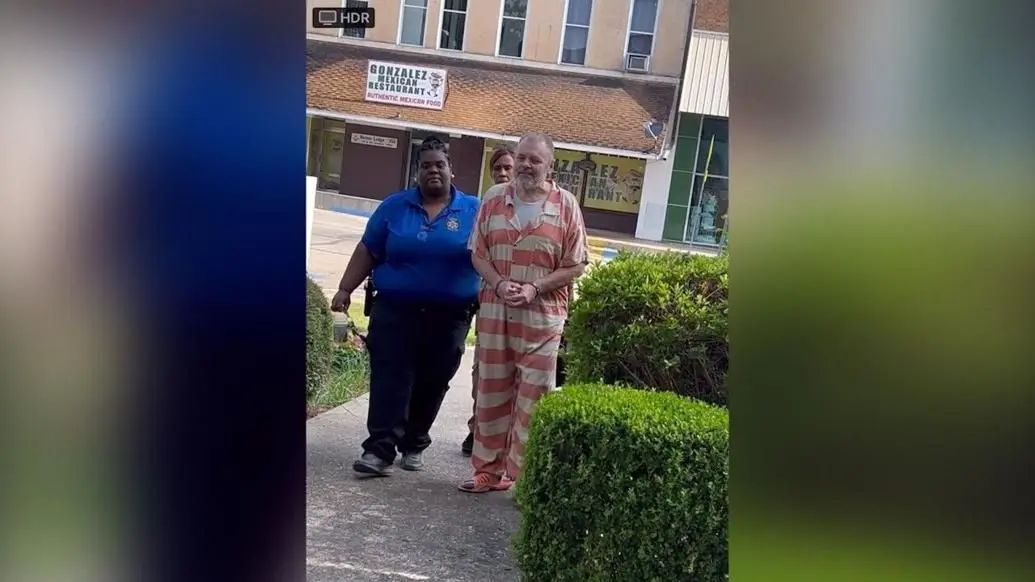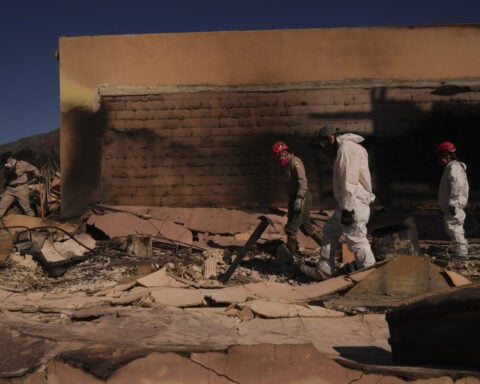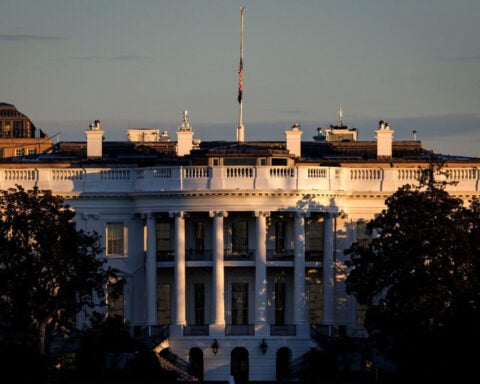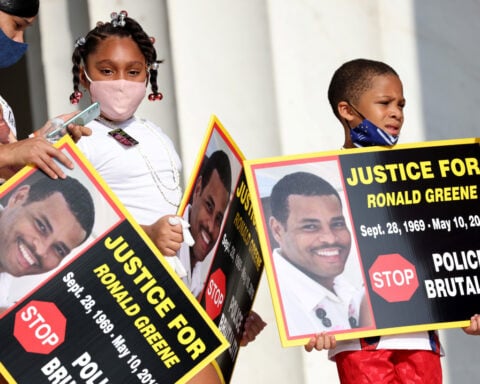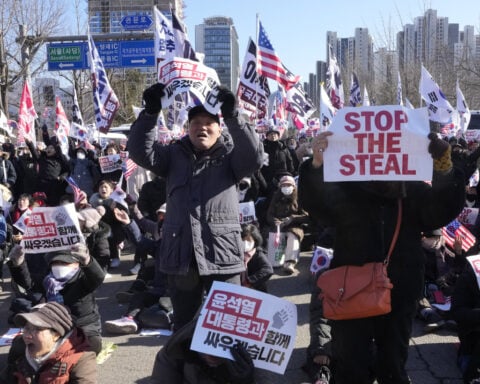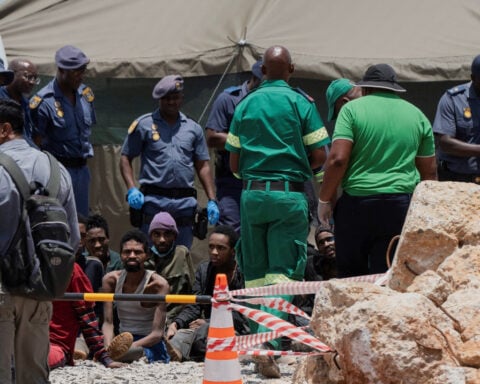HOMER, Louisiana (KTBS) -- A Ringgold man who had been on the run for more than three decades said he didn’t mean any harm when he shot a man back then.
That admission had no sway Thursday afternoon on a Claiborne Parish Judge Rick Warren who sentenced Greg Lawson, 64, to 45 years in prison without the benefit of probation, parole or suspension of sentence. The maximum sentence was 50 years.
The sentencing was 33 years in the making. And it was something his victim, Seth Garlington, was waiting to hear.
Lawson shot Garlington and was charged with attempted second-degree murder and other charges. Garlington survived and Lawson went to court.
The trial was moved out of Bienville Parish so a jury in Claiborne Parish convicted Lawson. But he wasn’t around when the verdict was read. Instead, Lawson went on the run and had been living in Mexico before a tip to the FBI last year led to his capture in September.
His sentencing had been delayed since then because Lawson’s attorney wanted a transcript of the trial. On Tuesday, Lawson asked for but was denied a new trial.
Garlington and other members of his family were in court Thursday to finally hear Lawson’s sentence imposed. He prepared a victim impact statement but opted not to read it himself; the victim’s assistance coordinator for the state Attorney General’s Office read it for him.
Garlington, who was 19 years old when he was shot, said he didn’t like being labeled a victim, but he relayed how his life has been impacted by that day. Many mistakes were made; he even spent time behind bars. But he named off people who ministered to him, which led to a life of Christian faith.
Garlington cited a Bible verse about forgiveness and said, “I want to honestly say I have forgiven Greg Lawson; however, the Lord does not say forgiveness does not absolve us of the consequences of our actions.”
In addition to the physical wounds, Garlington said he suffered emotional ones, too, and constantly lived in fear. For 32 years, Garlington watched over his shoulder, wondering if or when Lawson would show up.
Garlington recalled instances after his shooting where Lawson, when he was out on bond, would drive by his house, shoot his mailbox and “terrorize” him and his family. On one occasion, Lawson even ran over Garlington’s dog.
Lawson’s family – whose family was said to be influential in the community – offered $250,000 for Garlington to drop the charges. On the advice of his family, Garlington said he declined, although he was tempted. Lawson then reached out through a mutual friend and offered $30,000. Again, declined.
Garlington said one reason he made that decision was Lawson had never been held accountable for any criminal acts in his lifetime. Garlington said if Lawson was set free, he believes his life would be in danger.
Given a chance to make a statement, Lawson claimed there was no bad blood between he, Garlington and his family because he said he really didn't know them. Lawson said he pulled into the gas station parking lot to talk to the woman with Garlington about a letter she wrote. That led to a fist fight and shots being fired. Lawson contended he fired in self-defense.
"I never meant to cause his family any problems," Lawson said, adding he would like to "exchange points of view" with Garlington on a "man-to-man" basis. There were "no hard feelings between me and him on my part."
Before sentencing, Warren pointed out Lawson's actions endangered human life, not only Garlington's but others as well. Two men who were pumping gas had to seek safety inside the store. Motorists passing by on the highway had to stop because of the gunfire. One student's car was hit.
Warren also clarified his sentence did not take into account Lawson being a fugitive for 32 years. It was only based on the crime of which he was convicted in 1991. To consider something lesser than 45 years would deprecate the crime, Warren said.
Garlington suffered a life-threatening injury, Warren said. Buckshot entered a lung through his back and caused him to lose five pints of blood; the body holds about 10 pints. Garlington also had $50,000 in hospital bills that forced him to take bankruptcy.
"He was very close to death," Warren said.

 Germany sees meat exports to EU continuing after foot-and-mouth case
Germany sees meat exports to EU continuing after foot-and-mouth case
 Parliament speaker to lead Taiwan delegation to Trump's inauguration
Parliament speaker to lead Taiwan delegation to Trump's inauguration
 German economy contracted 0.2% in 2024
German economy contracted 0.2% in 2024
 Middle East latest: Palestinian prime minister says Palestinian Authority should run Gaza in future
Middle East latest: Palestinian prime minister says Palestinian Authority should run Gaza in future
 Nokia signs multi-year patent license agreement with Samsung
Nokia signs multi-year patent license agreement with Samsung
 Irish parties secure 'comfortable majority' for new government
Irish parties secure 'comfortable majority' for new government
 Bayern Munich signs US youngster Bajung Darboe from LAFC
Bayern Munich signs US youngster Bajung Darboe from LAFC
 Novak Djokovic breaks a tie with Roger Federer for the most Grand Slam matches in tennis history
Novak Djokovic breaks a tie with Roger Federer for the most Grand Slam matches in tennis history
 China's RedNote: what you need to know about the app TikTok users are flocking to
China's RedNote: what you need to know about the app TikTok users are flocking to
